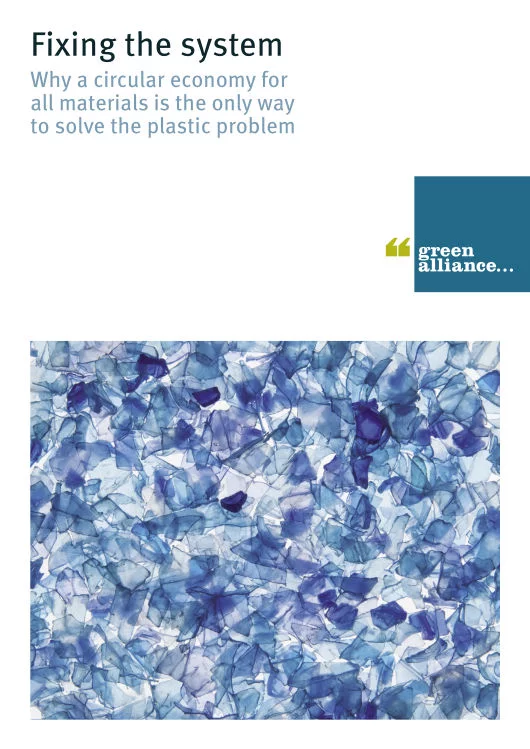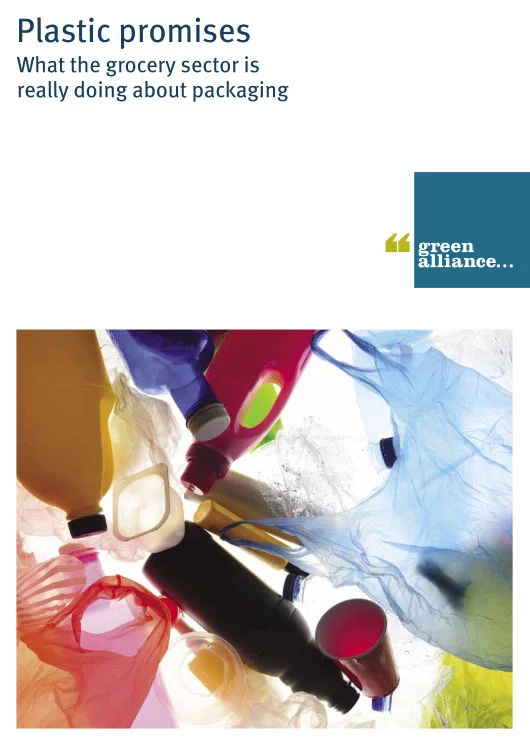Overview
A circular economy is one in which we value materials and keep them in use for as long as possible, while minimising harm to the environment from their extraction, processing, use and disposal. By shifting to an economy where waste and harmful materials are designed out and repair, reuse, remanufacturing and high quality recycling are the norm, we can create new jobs and increase the resilience of supply chains.
Since 2012, we’ve investigated the policy solutions needed to transition to a circular economy in the UK.
Our work includes:
- Convening the Circular Economy Task Force (CETF), which is a forum for policy, innovation and business thinking on resource use;
- Working with researchers to understand public perceptions of the circular economy and which policies could be most effective.
Circular Economy Task Force

Since 2012, we have pioneered new approaches to preventing and reducing waste with our business consortium, the Circular Economy Task Force (CETF). It is currently chaired by Colin Church, chief executive of IOM3.
With the support of the CETF, Green Alliance conducts independent, objective research and analysis to inform resources policy, convening stakeholders from government, civil society and industry to develop and test ideas.
The task force has had a significant impact on government policy. For example, Defra’s 2018 resources and waste strategy adopted many of its recommendations, including harmonising recycling services and implementing an extended producer responsibility regime.
Read our most recent reports:
Circular business models cut carbon, create jobs and boost economic growth. We spoke to business leaders and industry about what government needs to do to support companies to switch to circular business models.
We highlight the supply chain risks of the critical raw materials needed to achieve net zero, and make the case for cutting energy use and a circular economy approach to ensure we stay within our ‘fair share’ of these vital resources.
We call for a more ambitious and systemic approach to resource use. Even though higher product standards and recycling measures are necessary for a circular economy, without clear targets to reduce resource use itself, the UK cannot tackle its waste problem.
We set out how design influences a product’s environmental impact, and urge the government to fulfil its promise to match or exceed EU standards of ecodesign.
This report influenced the CCC to acknowledge the importance of resource efficiency in climate policy. Some of our recommendations feature in its advice to government on the sixth carbon budget. It also heavily influenced the Environmental Audit Committee’s report into e-waste and the circular economy, which contained 50 references to our work.
The Circular Economy Task Force previously recommended that the UK government should introduce a target to halve per person material use by 2050 to bring it in line with planetary boundaries.
But this economy wide target should be complemented by measures and plans for specific sectors. Nowhere is this more important than for the construction sector, which is the largest user of materials in the UK and the largest producer of waste, as well as one of the largest emitters of carbon.
To give an indication of what can be achieved and give the government more confidence to set the needed targets, in our forthcoming report, we will identify how, largely using available technologies and practices, the industry could significantly reduce its resource use while delivering benefits to the environment and the economy alike.
Academic collaboration on resource efficiency policy

Improving the efficiency of resources could save up to 28% of the UK’s total CO2 emissions. Public buy-in will be an important part of the success or failure of innovative proposals to improve resource efficiency, so policymakers’ decisions should be informed by evidence on public attitudes and engagement.
In conjunction with the school of psychology at Cardiff University and members of the CIE-MAP consortium, we worked with key decision makers to set out which resource efficiency policies cut the most emissions and are the most popular with the public. Significantly, we found that measures offering the biggest carbon savings, and over which the government has most control, are those that are most popular with the public.
Read our reports:
We show that improving the use of resources in five key sectors could make a major contribution to meeting future carbon targets.
We recommend that the government sets up sector specific ‘resource efficiency partnerships’. These could agree benchmarks, identify and spread innovative ways to increase resource efficiency and ensure the most is made of this major opportunity to cut UK carbon emissions.
We present findings from research carried out by CIEMAP on public attitudes towards policies intended to improve resource efficiency.
Partners
We’re grateful to the following partners for supporting our work.
The current members of the task force are SUEZ, Kingfisher, NCPEN, Zero Waste Scotland and PwC.

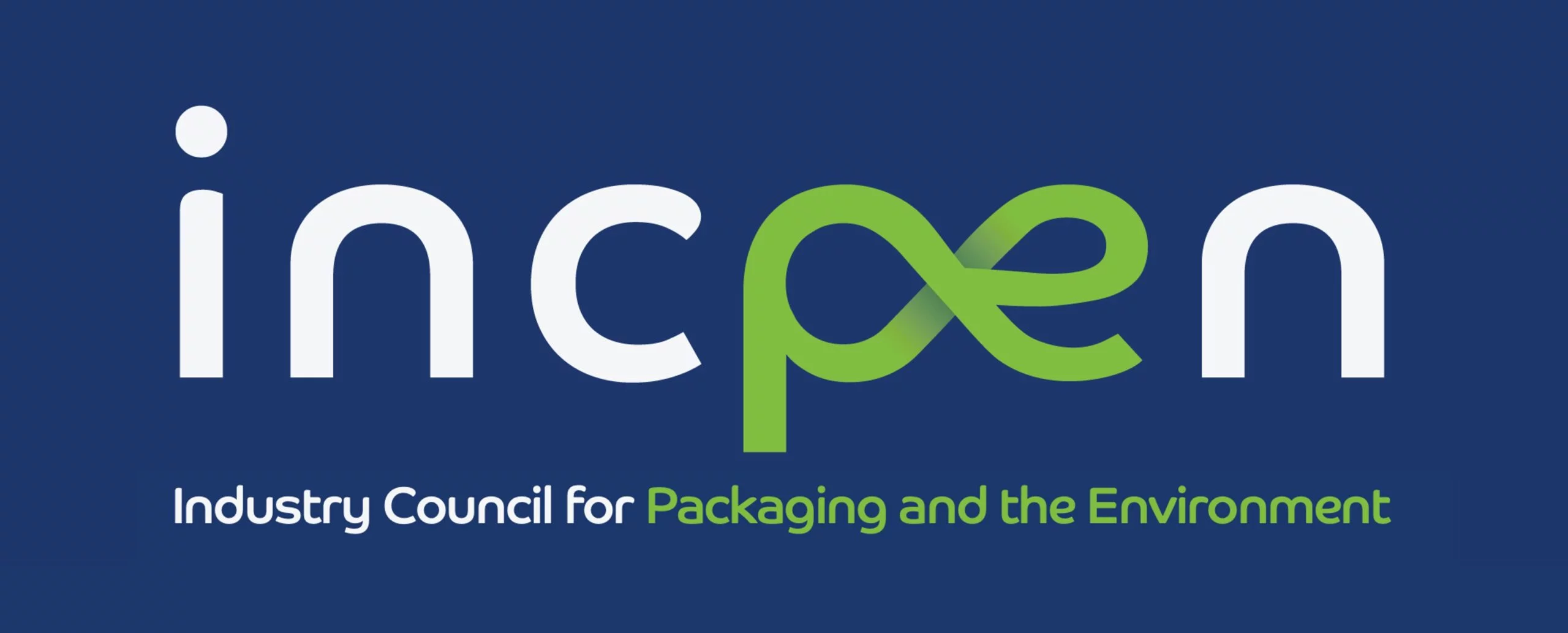

Explore further
Critical point: securing the raw materials needed for the UK’s green transition
30 November, 2021
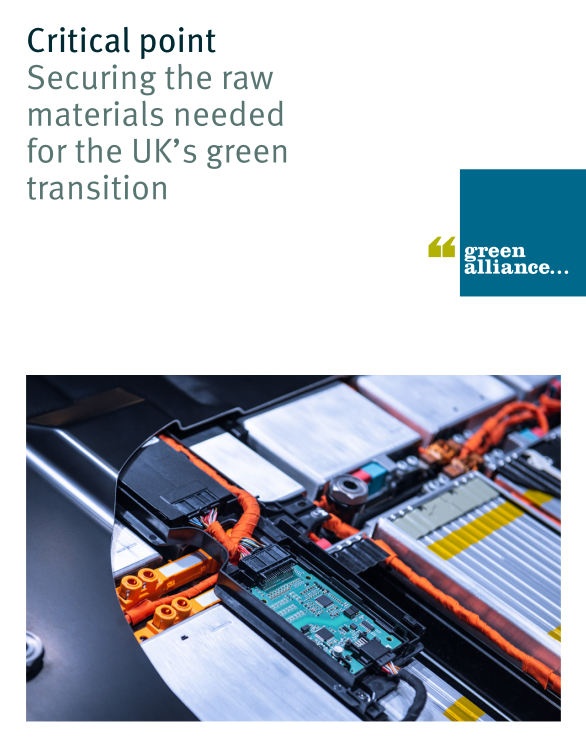
Targeting success: why the UK needs a new vision for resource use
29 March, 2021
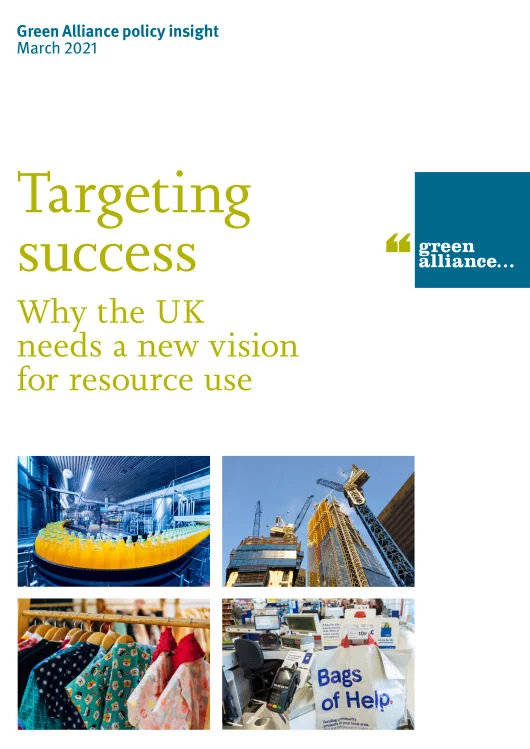
Design for a circular economy: reducing the impacts of the products we use
5 November, 2020
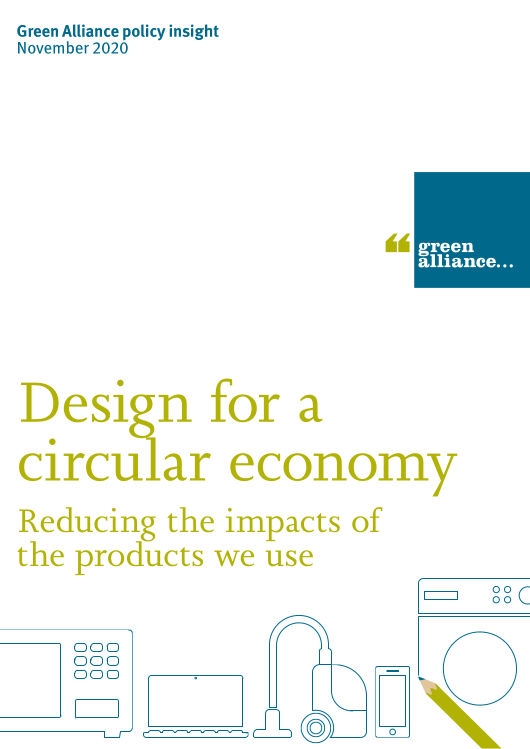
How do we stop our resource use driving climate change and biodiversity loss?
29 March, 2021
